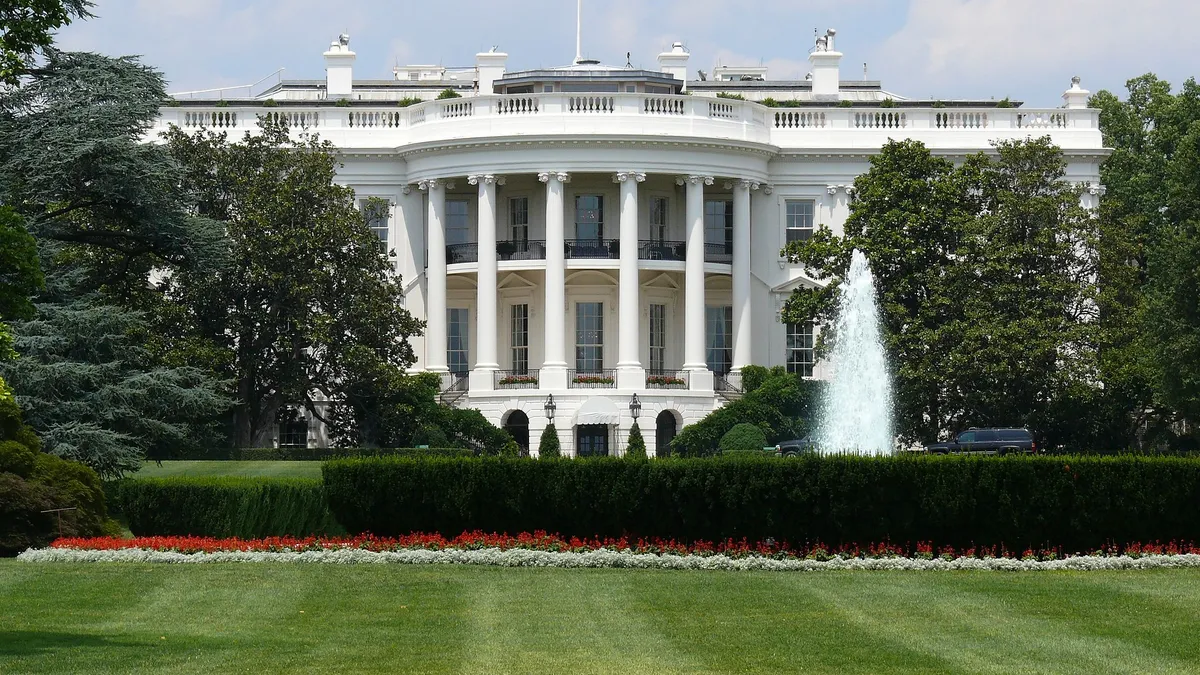Dive Brief:
- Vice President Mike Pence has announced a smart cities partnership between the United States and the Association of Southeast Asian Nations (ASEAN).
- The agreement focuses on digital infrastructure, energy and technology in urban environments, according to Channel NewsAsia. It will offer opportunities for American companies to develop digital infrastructure for cities in the region, including payment systems and smart transit systems, reports Voice of America.
- "This effort will spur renewed American investment in the region’s digital infrastructure, advancing prosperity and security in Southeast Asia," Pence said.
Dive Insight:
Some of the cities included in the new smart cities partnership are Bangkok, Kuala Lumpur, Manila, Phuket and Singapore. While some like Singapore already have begun the smart city journey and have produced innovative ideas and pilot programs — including a subterranean spaces 3D map, autonomous vehicles and drone deliveries — others could use a boost.
America's stated commitment to prosperity and security advancements in Southeast Asian cities comes at a time when some international relationships are strained. China is not an ASEAN member, but its trade war with the United States has implications throughout the region. And Rodrigo Duterte, the president of the Philippines — an ASEAN member — has been vocal in criticizing the United States. With these and other conflicts in mind, it is unclear how and to what extent American companies will be allowed to develop Southeast Asian digital infrastructure, even taking into account the new smart cities partnership.
America's investment in smart city efforts abroad is a curious approach, considering domestic municipal leaders' frequent criticism of the federal government for not supporting American cities enough. A representative from a consultancy group even voiced skepticism about how much the U.S. could help ASEAN countries considering its own infrastructure and technology issues, although others claim the most advanced technologies come from the United States, Voice of America reports.












